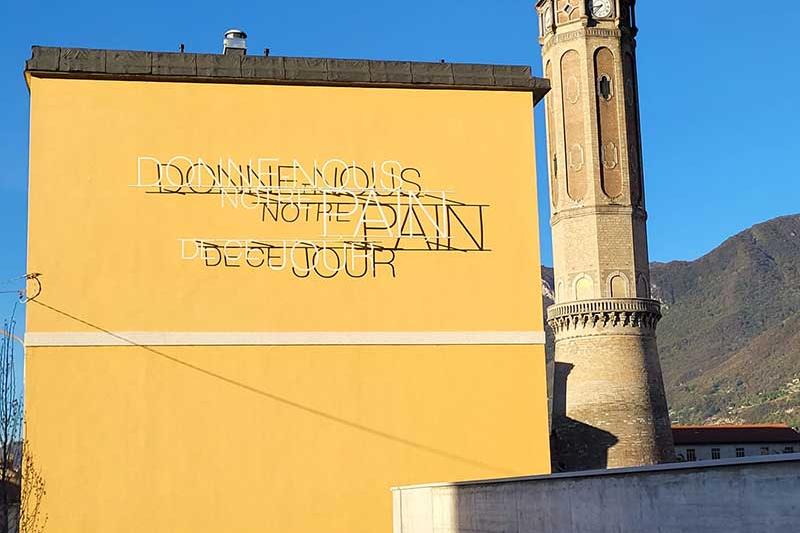With his new novel Life and sins of Maria Sentimento (Rizzoli), Fiorello Galeano chain leads us to discover how Taormina, after the Second World War, from a fishing village it became the social resort par excellence, favored by artists and Hollywood stars, also contributing to the emancipation of the local population, both in economic terms and for a more open vision of the world. In particular, the author’s attention focuses once again on a female figure, linked to tradition but also eager to carve out her own identity as a woman.
Maria Sentimento was a child who was intolerant of the rules, a teenager who threw herself on her first suitor to escape an abusive father, and then, after the death of her husband, who also turned out to be violent and who lived as a liberation, she fell in love only to find herself abandoned when she became pregnant. But she had carried out the pregnancy openly, confiding only in her mother, with whom she lives together with her other three children, the identity of the cheater. And the child, Antonio, grew up loved by an extended family which also includes two ill-married sisters, a bachelor brother, a spinster aunt and a capricious octogenarian grandmother. But it is of her children that Maria thinks first and foremost, of her desire to ensure them a solid future different from her own as an illiterate peasant.. So she looks for work as a maid in nearby Taormina, and ends up meeting two families of rich Americans who have fallen in love with that corner of Sicily. Her innate interest in the books that a neighbor reads to her, her attractiveness and ability to solve problems will open up unexpected horizons for her, while each of her children will try, even at a very high price, to find their own path.
There are many themes in this story full of characters that revolve around Maria Sentimento: violence against women, sexual identity, the evocative power of literature, faith, motherhood, emigration… Perhaps the ending was a little rushed, animated by the desire for a happy ending for everyone, or almost everyone, which real life rarely grants. But which literature offers as a sort of retroactive restorative justice to too many invisible women in history.










